While studying this Torah portion several years ago, I enjoyed one of those peculiar delights vouchsafed to those who learn to study great Jewish texts in the Hebrew original — the discovery a great mistranslation. The concept is “ein mukdam u’m’uchar ba’Torah” — usually mistranslated as “the Torah [often] is not written in chronological order,” or more literally, “there is no before and after in the Torah.”
The term is used when Torah scholars, in their careful analysis of passages from the Torah, see that certain events seem out of order. They often resolve this problem by teaching that the way the Torah presents a series of events or teachings is often by an inner logic other than chronological (for those of you who like non-linear thinking, this is a concept for you).
We see this concept of “no chronological order” displayed well in our parashah, Yitro. In Exodus 18, the b’nei Yisrael arrive at Har Sinai, and Moshe is greeted by his father-in-law, Yitro, the Midianite priest. Yitro blesses God for all good done for the people Israel; Yitro makes offerings to God, and Moshe, his brother Aharon and all the elders feast with Yitro (verses 18:1-12). Starting in verse 13, we see Yitro correcting Moshe for trying to judge all the people by himself, all day long, making known one by one “the statutes of God and God’s teachings.” Yitro has Moshe appoint a judiciary, saying that Moshe will impart “the statutes and the teachings … the path they should follow, the deeds they should do,” but that those whom Moshe will appoint will decide the lesser cases. The problem is, Moshe is adjudicating legal cases, making known the statutes and teachings of God in Exodus chapter 18, but the Ten Commandments aren’t given until Exodus chapter 20, and the main body of the laws of the Torah until after that.
Most traditional commentators agree that Exodus 18:12-27 is a narrative that actually took place where we see Exodus chapter 35 today — when Moshe came down from Mount Sinai with the second tablets. It is hard for the tradition to conceive of Moshe teaching law before the law was given — hence ” ein mukdam u’m’uchar ba’Torah.” But in today’s spoken Hebrew, the phrase would be understood as “there is nothing early or late in the Torah.” In other words, things happen right on time. So if things happen right on time, why does the Torah want us to know that Moshe was teaching law right before the Torah was given?
First of all, they had to know law already, and virtually all the Ten Commandments. We already know murder is wrong, because we know that Cain killing Abel was wrong. We already know you don’t steal, hence the protestations of Jacob’s brothers that they did not steal Joseph’s divining cup. We already know you don’t commit adultery — witness God’s displeasure when a Pharaoh in Genesis wants to sleep with Sarah. In short, the main contours of the law were already known — promulgated into the heart of every moral and rational human being.
Here is what was happening, in my mind. After the brutality of slavery — imagine the pent-up rage for justice, the need to settle scores, the rage to finally get your own. Imagine the moral chaos that was taking shape. One thing I have learned from counseling others is that wounded people wound people — and in some way, we are all wounded. What stops wounded people, who are only trying to get some justice in their lives, from clawing at others with whom they have conflict? Only the prior commitment to virtue, to principle, a commitment that overrides the wounds we suffer in life.
I imagine a crisis. I imagine Moshe suddenly discovering the pent-up moral rupture and the outpouring of people seeking redress. Moshe follows his father-in-law’s advice and appoints others to help him. And I imagine a tragedy that every counselor has seen — a person so hurt, or better put, a person so conscious of only their own hurt, that the law makes no difference to them. A commitment to virtue and principle becomes an obstruction, an abstraction, a mere impediment to saying or doing whatever they feel. “Teaching the path that they should follow” does little good.
When does transformation occur? I know from my own experience and from working with others that true transformation happens when a teaching becomes an epiphany, a light shining through from within. I can teach over and over again — “it doesn’t matter what the other person said; what matters is this: what kind of person do you want to be?” — and it will do no good until a person experiences a moment of enlightenment and knows what kind of person they want to become.
I imagine the people, people like us, not able to hear the teachings of Moshe and the judges he has appointed; I imagine a welling sea of moral chaos beginning to erupt into a storm (as it did in the story of Molten Calf, the story of the Spies, the story of Korach….) when God forces an epiphany through creating a Theophany — the Divine shining through. “The way in which we should go” is not advice we can accept or reject; it is a divine law that will guide us into our realization as human beings. The law becomes Revelation — the Divine yearning its way into our hearts.
Our work as Jews is to evoke that holy light that rests in Torah and coax it out into our lives, a light that can guide us to our fulfilled nature as human beings.
Rabbi Mordecai Finley is the spiritual leader of Ohr HaTorah Congregation, and provost and professor of mysticism and liturgy at the Academy for Jewish Religion, California campus.







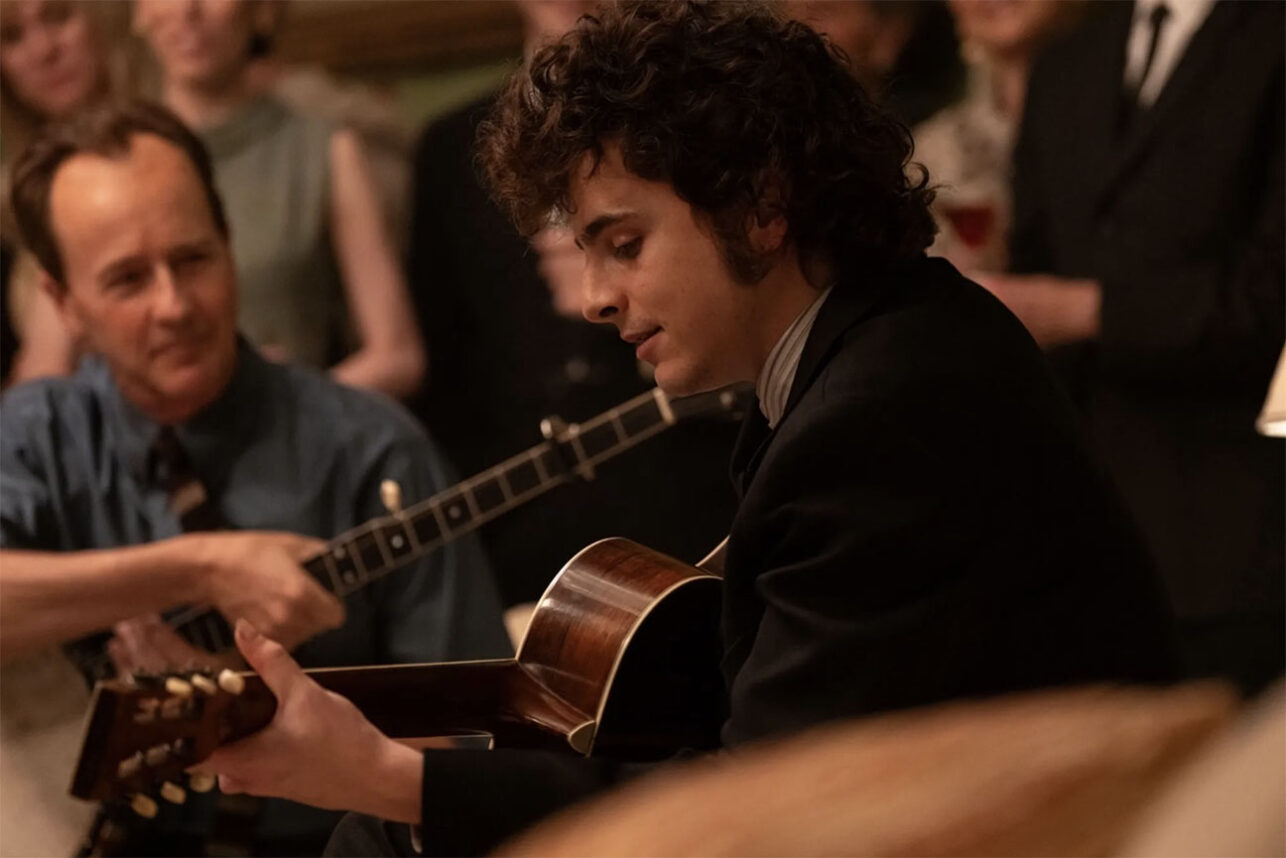
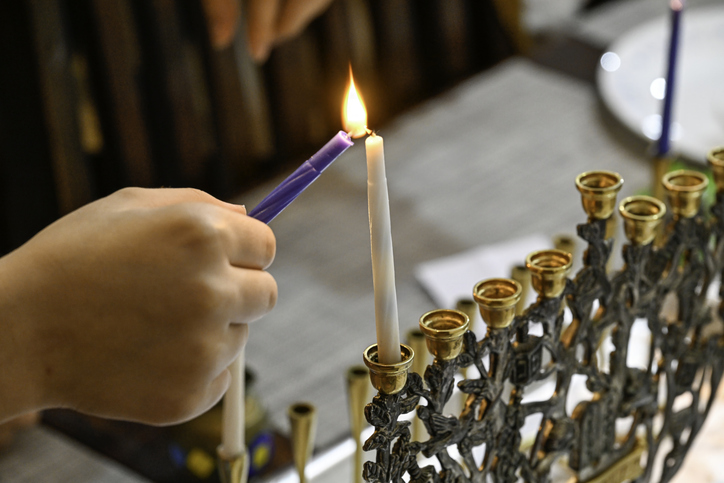
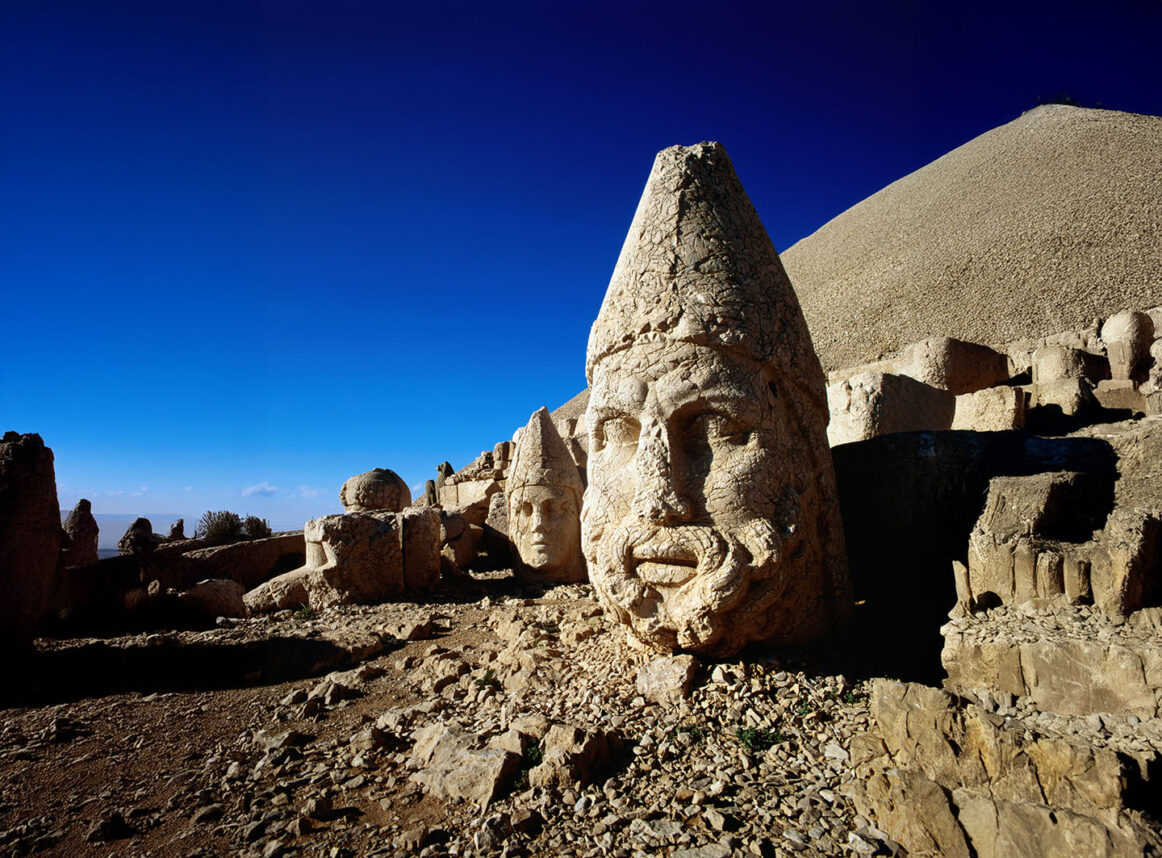

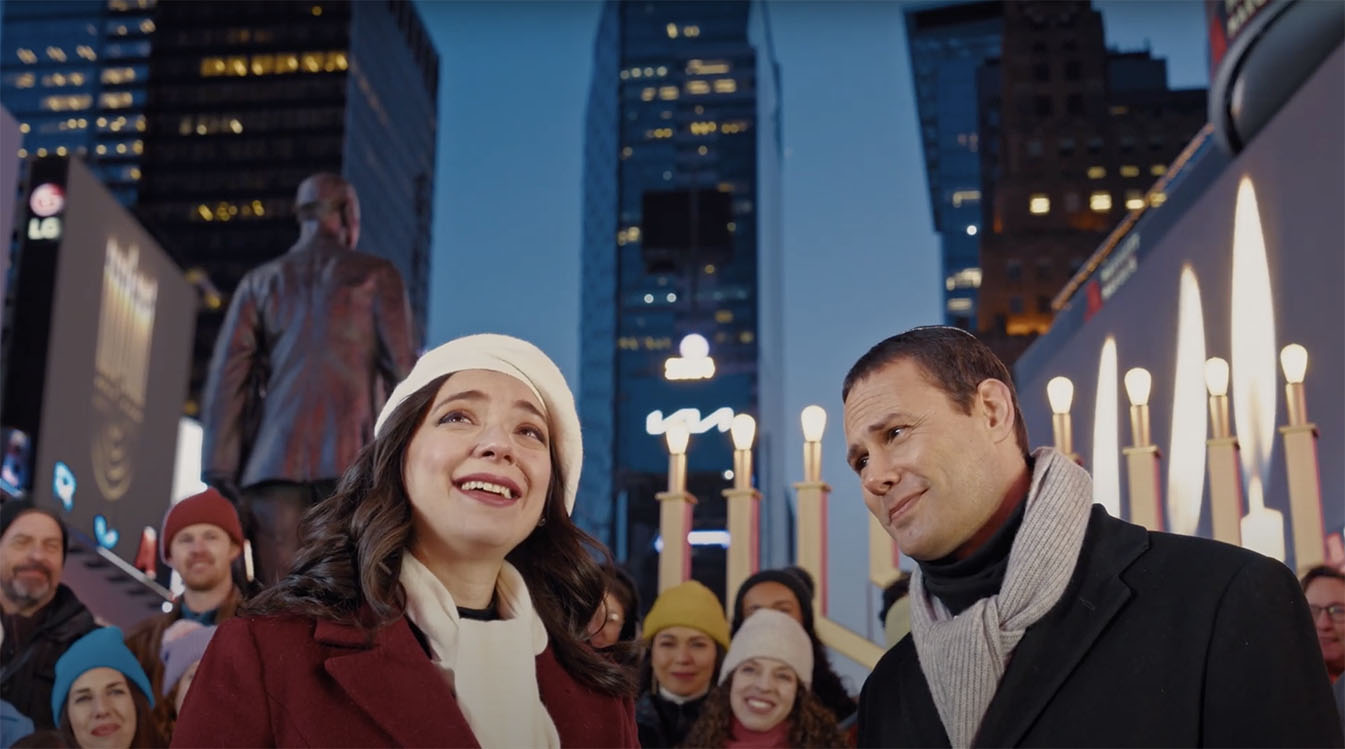
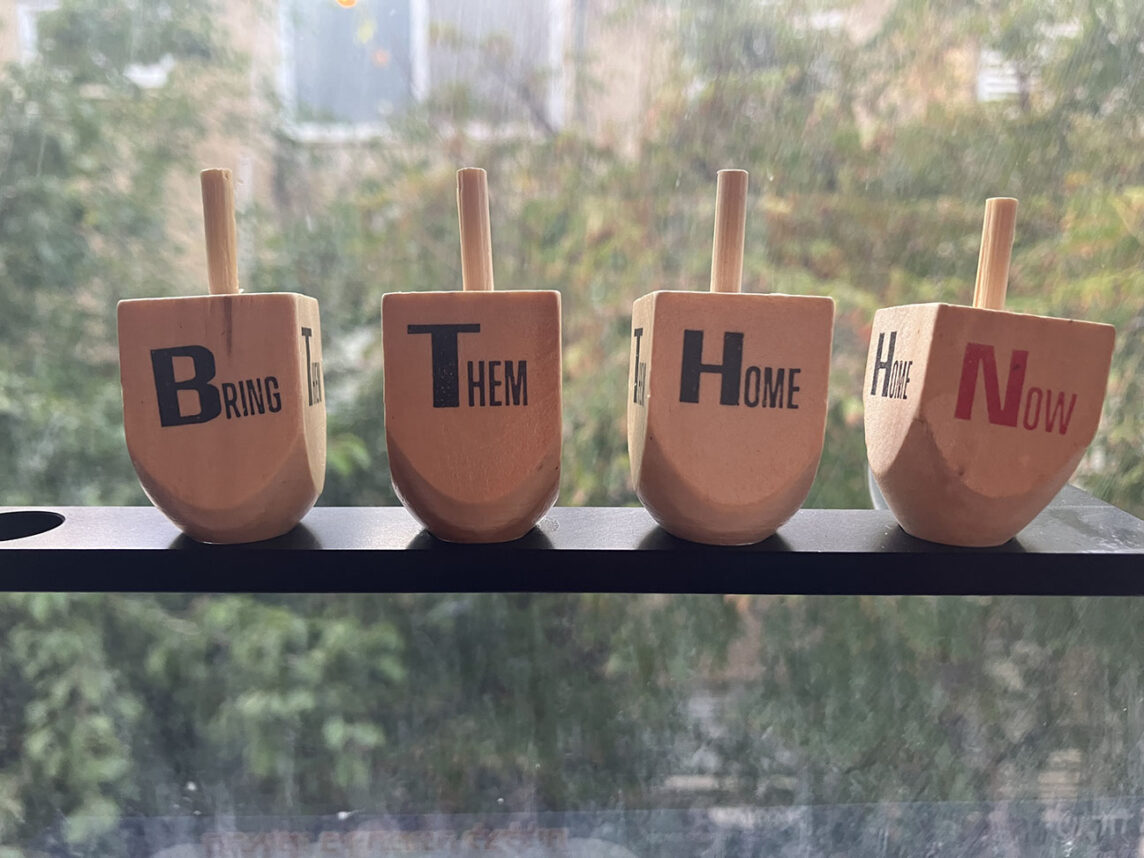
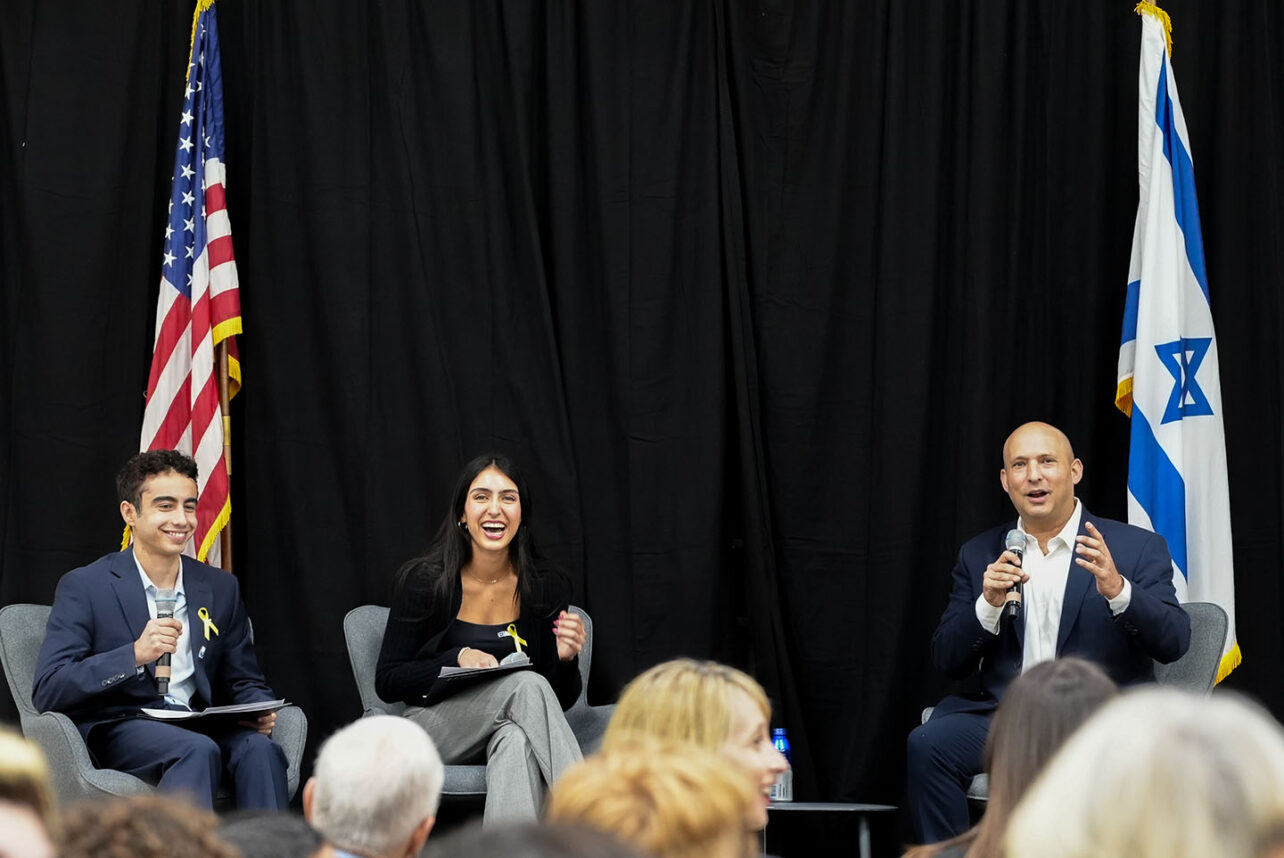
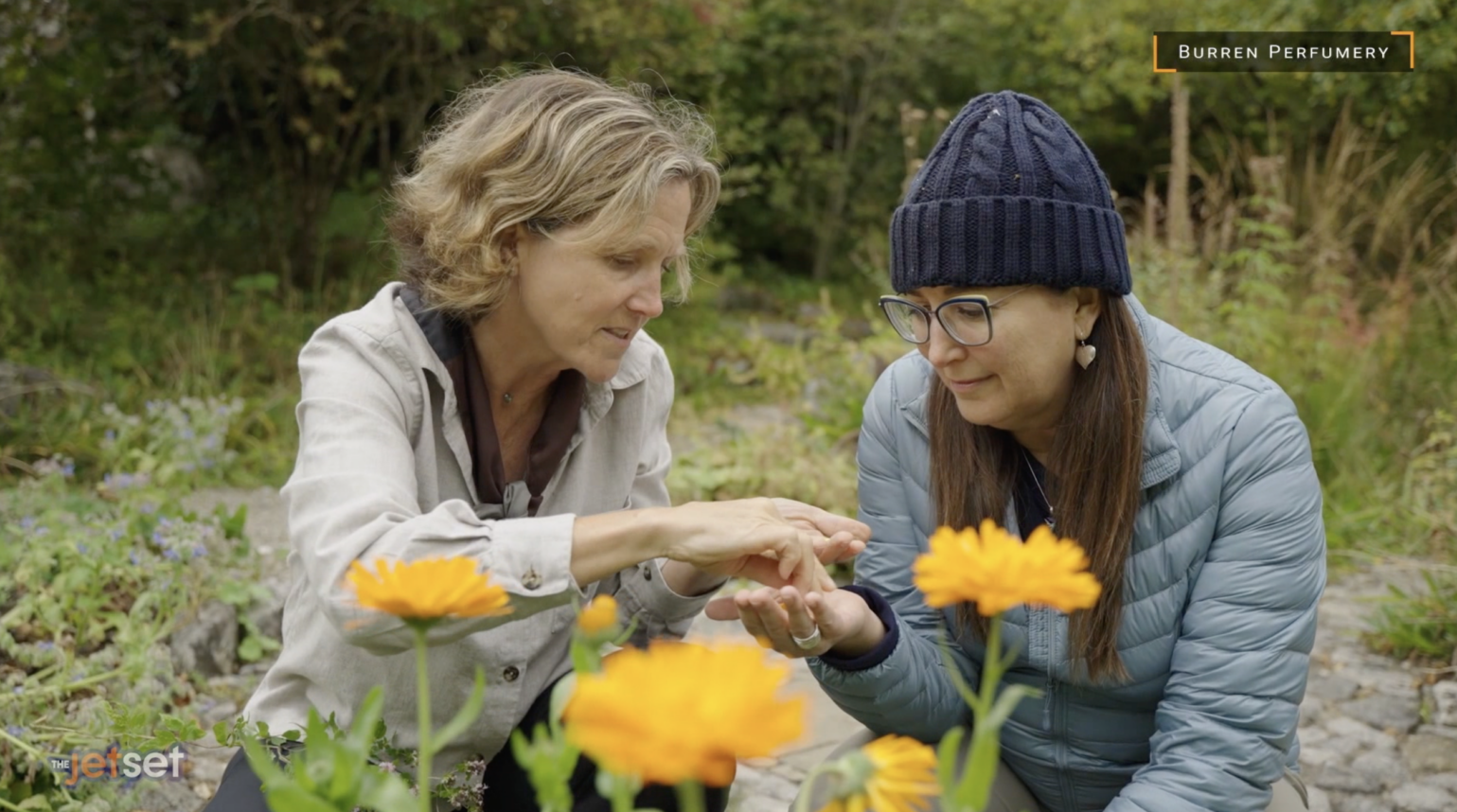
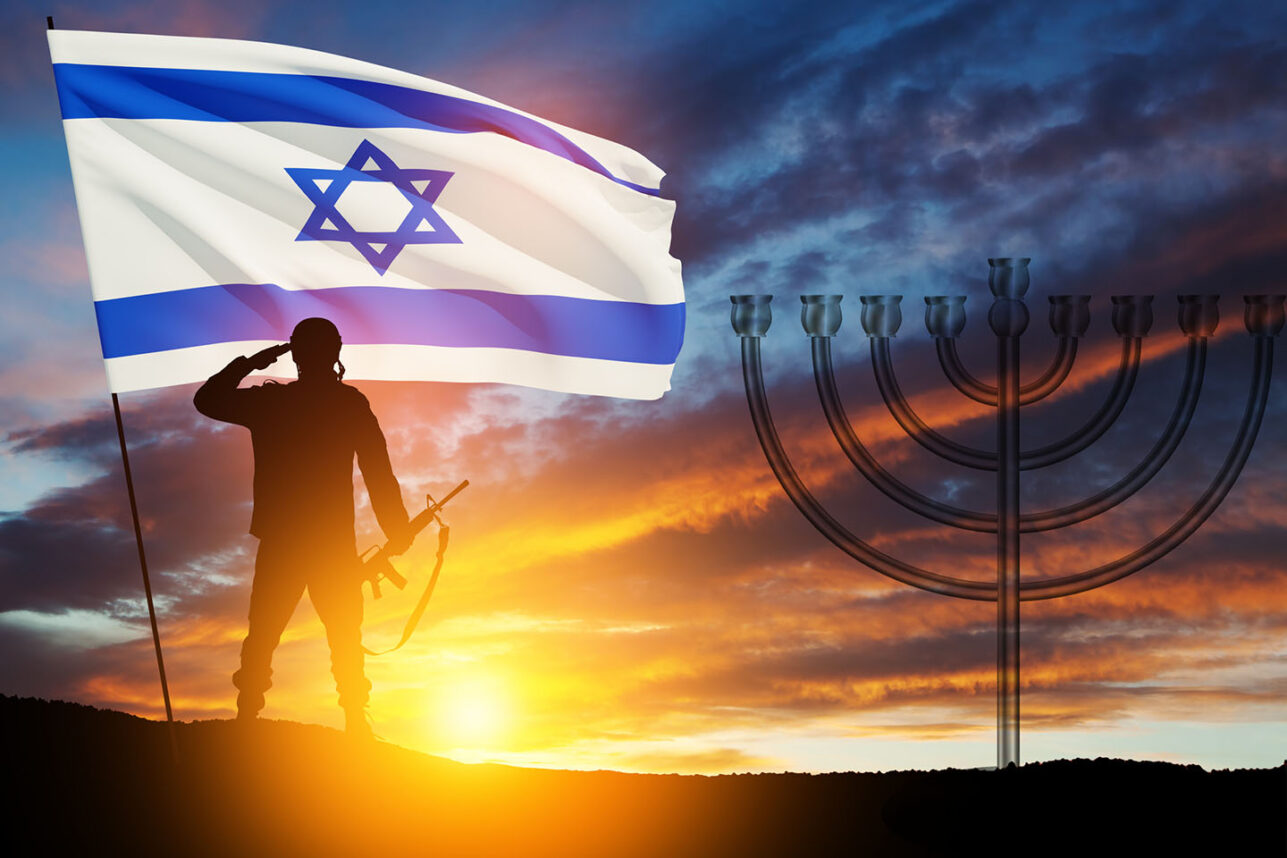
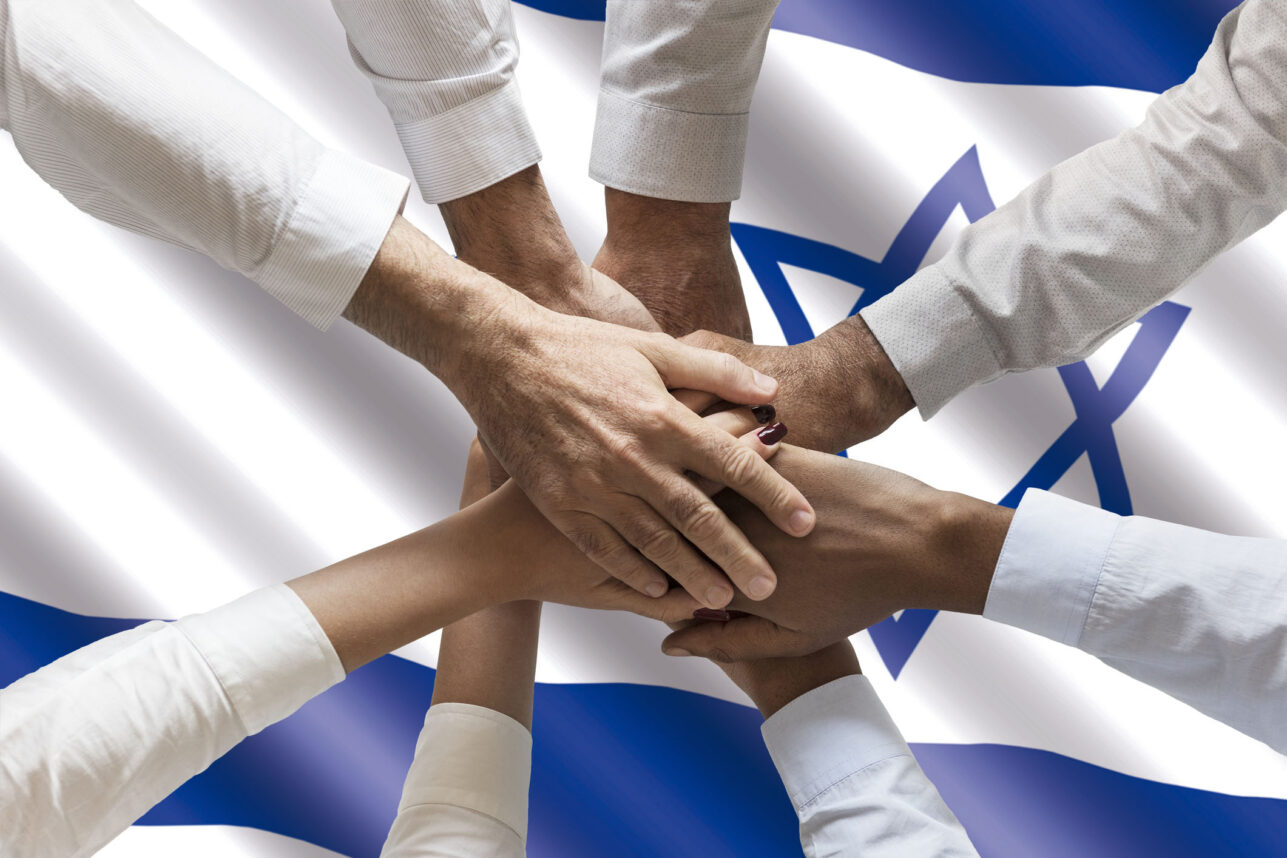
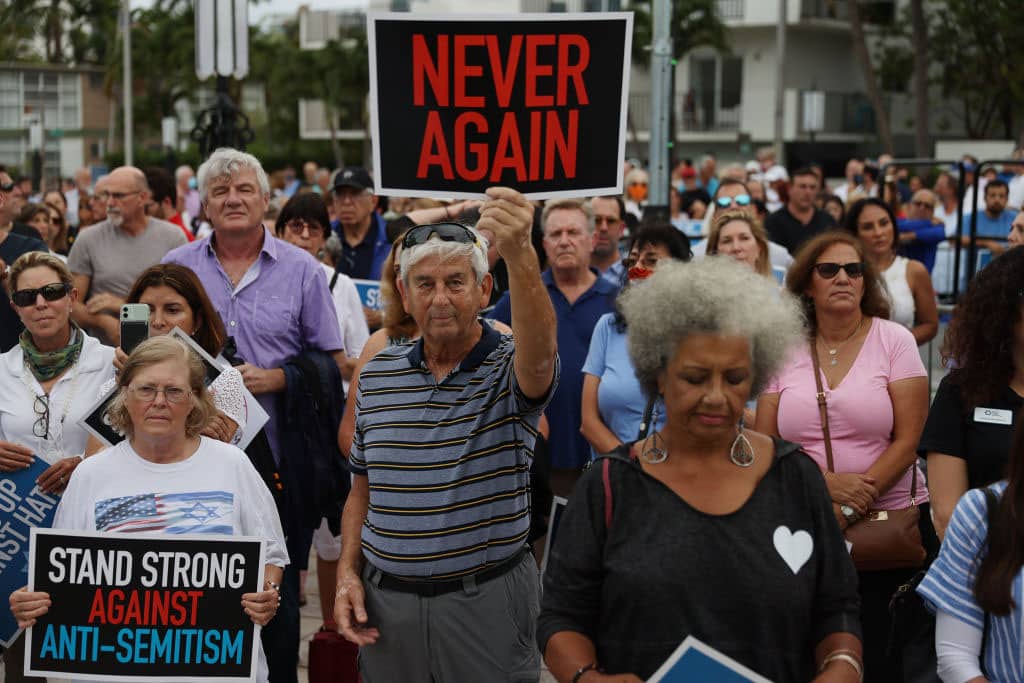





 More news and opinions than at a Shabbat dinner, right in your inbox.
More news and opinions than at a Shabbat dinner, right in your inbox.